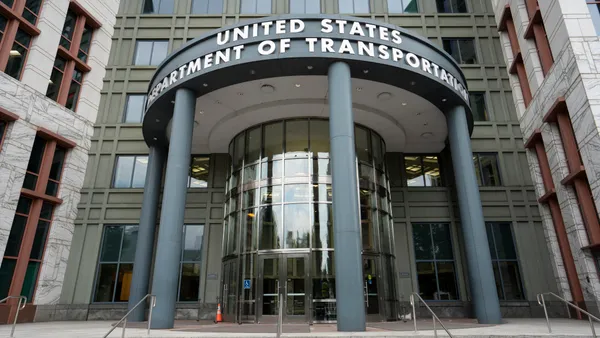Dive Brief:
- Houston’s economically disadvantaged neighborhoods report missed garbage pickups or illegal dumping more frequently than communities whose residents earn more, as documented by 311 calls and census data. And the poorer communities endure longer response periods when they report missed pickups.
- A Houston Chronicle analysis found in 2013-15 that most calls for missed pickups (62%) are from districts where more than half of residents earn below the city's median average – just below $50,000. The wealthiest district made the least calls. Records show the problem is heightened due to illegal dumping in minority neighborhoods, which are close to theses areas’ landfills.
- Harry Hayes, Houston’s chief operating officer and director of Solid Waste Management Department, said his department is examining a resolution for missed pickups: a system that will provide workers a "map" showing every property. The system should be launched by late spring or early summer he said, according to Houston Chronicle.
Dive Insight:
Determining why pickups are missed is not necessarily a cut and dry process, according to Hayes. This is because there can be several reasons, from cars parked on streets blocking containers, to containers placed too far from the truck driver’s reach. Part of the problem could be tied simply to statistical likelihood: the city has more lower- to middle-class neighborhoods than wealthy ones.
But studies show that, historically, Houston residents in minority neighborhoods have more exposure to waste. Inferior trash service and even questionable dumping practices have been issues in other poor and minority communities where there have been allegations of socioeconomic discrimination.
Hayes is optimistic that the software to assist workers will make a difference in Houston.
"Similar software has been successfully deployed in other jurisdictions that faced similar issues," he said.












